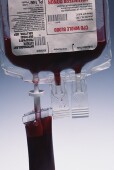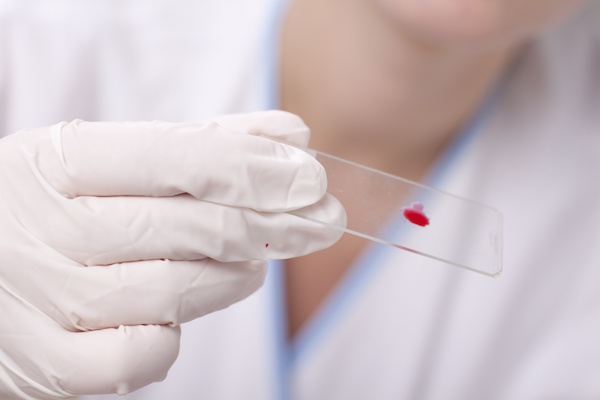
TUESDAY, Dec. 23, 2014 (HealthDay News) — Gay and bisexual men who have abstained from sex for one year will be allowed to donate blood in the United States, under a new federal policy that would reverse a 31-year ban on donations from men who have sex with men.
The U.S. Food and Drug Administration announced Tuesday its intention to release a new draft guidance in early 2015 that would ultimately open the door to blood donations from gay men.
The FDA is changing its policy based on data from other countries that show allowing such donations would not increase the risk of HIV-tainted blood entering America’s blood supply, said Dr. Peter Marks, deputy director of the agency’s Center for Biologics Evaluation and Research.
Marks noted that some of the most compelling data comes from Australia, which in 2000 implemented a one-year deferral on blood donations from sexually active gay men.
“These studies documented no adverse effects on the safety of the blood supply with a one-year deferral,” Marks said.
Marks estimated that about half of the people now barred from donating blood under the current policy would be able to donate under the new policy.
The change will better align the FDA’s donation policy for gay and bisexual men with its policies regarding other people potentially exposed to HIV, the virus that causes AIDS.
There is currently a maximum one-year ban in the United States for blood donations by men who have had sex with an HIV-positive woman or commercial sex workers. The same goes for women who have had sex with HIV-positive men.
However, sexually active gay men in a monogamous relationship will not be allowed to donate blood under the new policy, Marks clarified. The increased HIV risk for gay men rules out donations from even those in monogamous relationships, he said.
“This was considered,” Marks said. “A person who presents to donate may be certain that he or she has been monogamous. He or she can’t be certain that the same is true for his or her partner. That’s true for individuals in relationships with members of the same sex as well as for the opposite sex. So at this point, the scientific evidence does not support self-reported monogamy as a sufficient indicator of reduced HIV risk.”
The FDA also will implement a national blood surveillance system that will help the agency monitor the effect of the policy change and ensure the safety of the blood supply, FDA Commissioner Margaret Hamburg said in a statement issued Tuesday.
The American Blood Cross has found that the risk of an HIV-tainted blood donation getting into the national blood supply is about 1 in every 1.5 million units, out of 15.7 million units collected every year, Marks said.
Hundreds of donations test positive for HIV each year, but these are caught through testing and removed from the blood supply, he said.
The FDA first adopted a permanent ban on blood donations from men who have sex with men at the dawn of the AIDS crisis. Proponents of lifting the ban said changing times and technological advances have rendered the decades-old policy obsolete.
Other countries have already moved to limit their bans on blood donations from gay men in recent years. Canada has changed its policy to a five-year ban; the United Kingdom has a one-year ban in place, and South Africa has a six-month ban.
An FDA advisory panel considered this policy change earlier this month. Panel members struck a cautious note in their comments but did not vote to either support or oppose the policy.
“It’s going to be a guess as to what’s going to happen,” panel member Dr. James Allen said during the Dec. 2 meeting. “And it’s going to take time before we get the data that shows us whether that was a good decision or not.”
More information
For more on blood donations from gay men, visit the U.S. Food and Drug Administration.
Copyright © 2026 HealthDay. All rights reserved.

